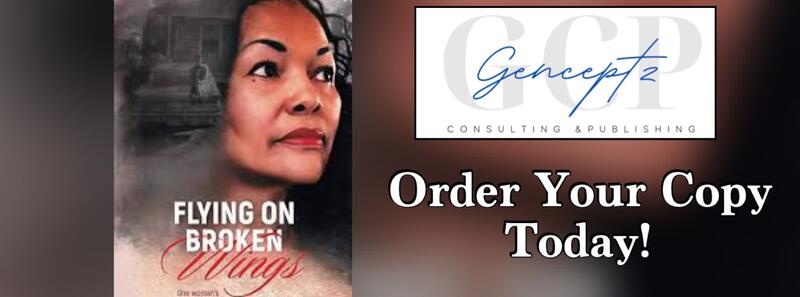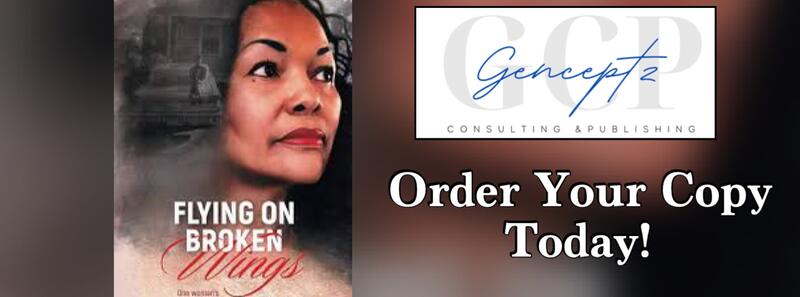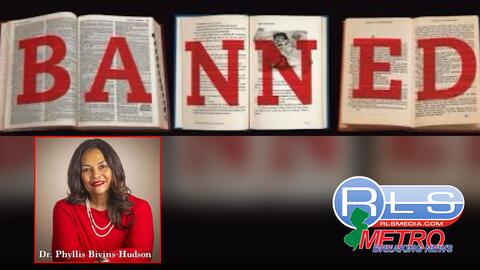By: Dr. Phyllis Bivins-Hudson
Did you know this book was banned?
That’s a question echoing throughout the literary world these days.
Why? Because there are those determined to silence voices that tell uncomfortable truths—truths that cut into the very fabric of a society unwilling to face its past and present injustices.
Our nation is in a divisive moment, one that mirrors struggles we’ve faced for centuries. 
Recently, though, there has been a new brazenness—an emboldened movement that has cracked open Pandora’s box.
Hatred and fear have spilled over into the creative genius of those who use the pen to tell their stories. And now, greater forces are working to control the narrative by targeting the very storytellers who give us these truths.
One powerful way this is happening is through book bans. Books that remind us of hard-earned progress for racial justice, equality, and human dignity are being stripped from classrooms, libraries, and cultural institutions.
Wade Hudson, of Just Us Books Publishing Company, warns:
“This movement has targeted schools, universities, institutions (museums and national parks), businesses, immigrants, and American culture itself. It seeks to reshape and whitewash our nation’s history purposefully and unapologetically, put more power in the hands of the rich elite, and make enemies of the marginalized and most vulnerable among us.
Some welcome this brutal assault; others, fearful of retribution, capitulate to it.
A primary target has been books, especially those that focus on Black history, Black culture, and Black experiences.
Well-funded, organized groups and government officials, often driven by a racist, right-wing ideology, are at the forefront of this movement.
As a result, books have been challenged and banned in schools, public libraries, military academies, and cultural institutions. Included are works by renowned authors such as Toni Morrison, Ralph Ellison, James Baldwin, and Alice Walker.”
When these bans occur, many of us feel powerless. We are outnumbered, often dismissed as “outliers,” which feeds the age-old question: “What should we do with them?” Yet all we want is the same freedom anyone else expects—the right to tell our stories and to be heard.
What We Can Do
There are ways to resist. One is to build grassroots efforts in our own communities.
That’s why I support The Black Literature Matters Book Fair Initiative, which engages Black organizations to protect and uplift the stories that shape our history and future. We know that if we fail to remember where we’ve come from, we lose sight of where we’re headed.
The griots, the writers, the storytellers—these are the voices that pass on knowledge to the next generation.
I’m doing my part.
Through this blog, I hope to inspire others to join the fight.
As a proud member of Delta Sigma Theta Sorority, Inc., I’ve called on my sorors for support, and I’ve also reached out to fellow Greek organizations in California, Texas, Maryland, Virginia, Pennsylvania, Georgia, New York, North Carolina, and Louisiana, including the AKAs, the Ques, the Kappas, and the Alphas. Even education-focused sororities have been invited to join this movement.

How Will You Answer the Call?
This is bigger than one book, one author, or one institution. It’s about defending freedom of expression and ensuring that Black stories continue to live, breathe, and inspire.
So, again, I ask you: How will you answer the call?
If you have questions, ideas, or contributions, I’d love to hear from you. Reach me here or through my website: www.genceptz.com.
Until next time—keep flying on your own wings.
